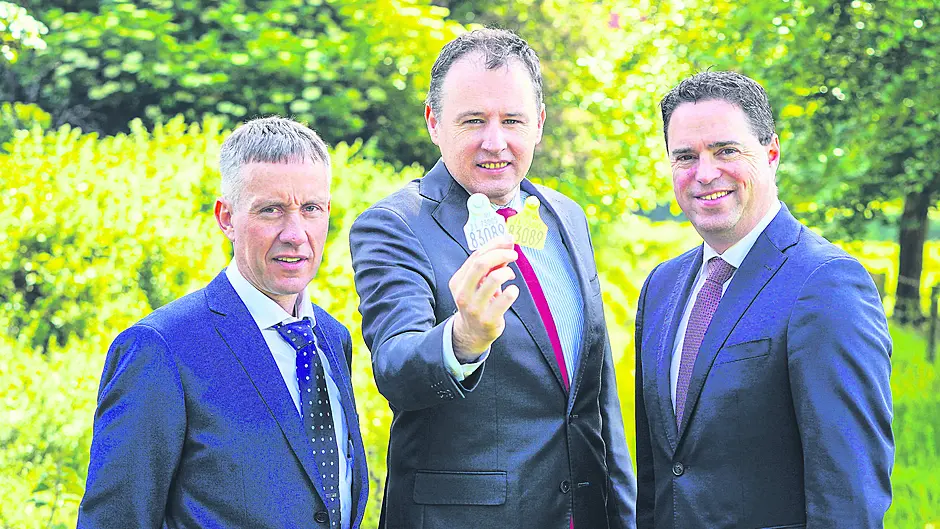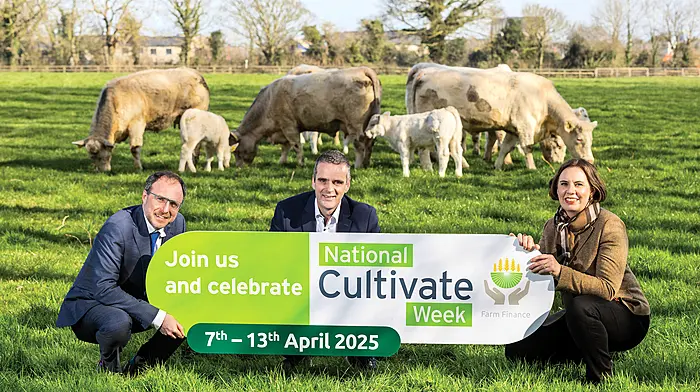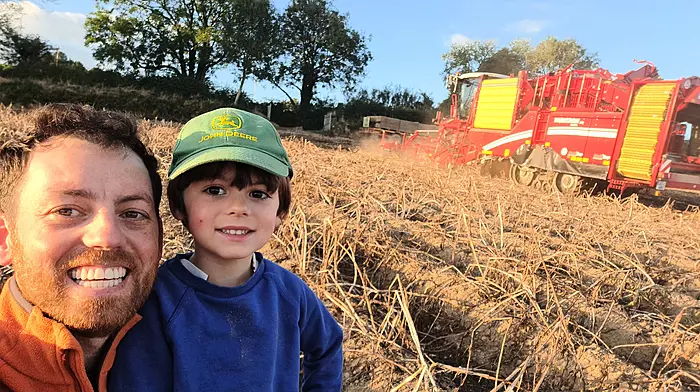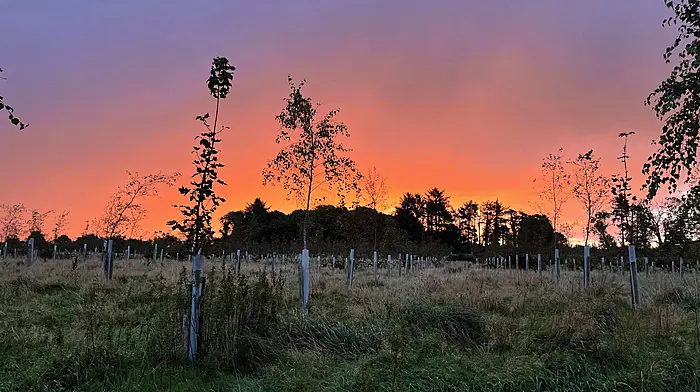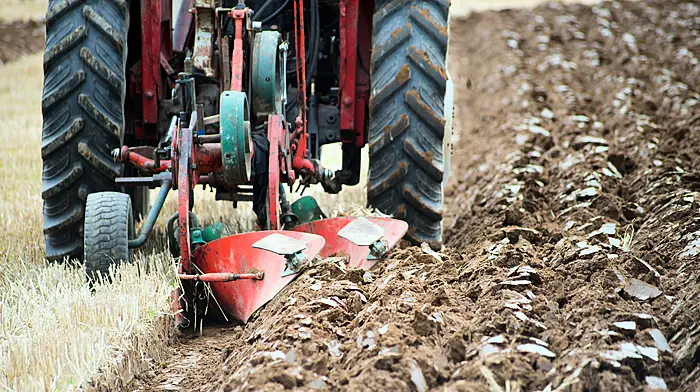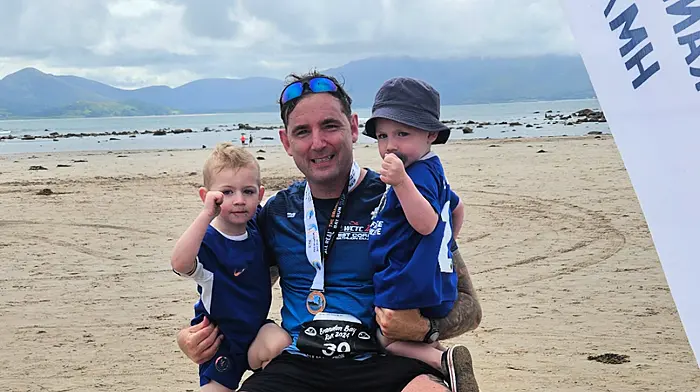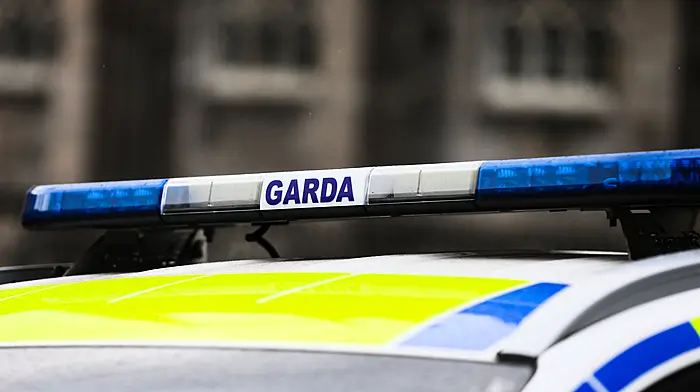MINISTER for Agriculture, Food and the Marine Charlie McConalogue has announced funding of €43m to be ringfenced by the government for a major and world-first genotyping programme for Irish cattle.
This programme, which is being run through a strategic public-private partnership model, is designed to enhance the environmental sustainability, health, and productivity of Irish beef and dairy herds.
The voluntary genotyping programme, which will be available to both beef and dairy herd owners, will run over a five-year period and represents a significant step towards realising the Minister’s ambition for Ireland to be the first country in the world to genotype the national bovine herd.
The programme will be based on a cost sharing model between the Department of Agriculture, Food and the Marine, the beef and dairy industry, and participating farmers.
The Irish Cattle Breeding Federation (ICBF) will administer the programme on behalf of the Department of Agriculture, Food, and the Marine.
The programme is not open for applications yet.
Full details on the application process will be available from ICBF in the coming weeks.
‘We are well placed to develop work in this area. Ireland has made a good start on genotyping, particularly through my Department’s innovative schemes to enhance the environmental and economic performance for the beef sector, such as the Beef Data and Genomics Programme (BDGP) and its successor Suckler Carbon Efficiency Programme (SCEP),’ said Minister McConalogue.
‘This new funding commitment from Government, in partnership with all stakeholders, will facilitate genotyping a critical mass of our dairy and beef herds.’
Chair of ICBF Michael Doran said it will help provide a range of decision-making tools ‘that will enable us on our journey towards meeting our environmental, social, and economic sustainability targets.’
HOW GENOTYPING WORKS
GENOTYPING involves taking a tissue sample from breeding females and males and building a DNA bank of that data.
When new calves are born, they are matched to their sire and dam. If carried out at national scale, genotyping would give the Irish cattle industry 100% traceability at the DNA level.
The genetic data collected will be analysed to identify specific traits or characteristics that are important to farmers such as disease resistance, milk or meat production, or fertility. In addition, the information gathered will be used to develop breeding strategies aimed at improving the overall genetic merit of the herd.
This voluntary genotyping programme over five years represents a significant step towards genotyping of the national bovine herd.

